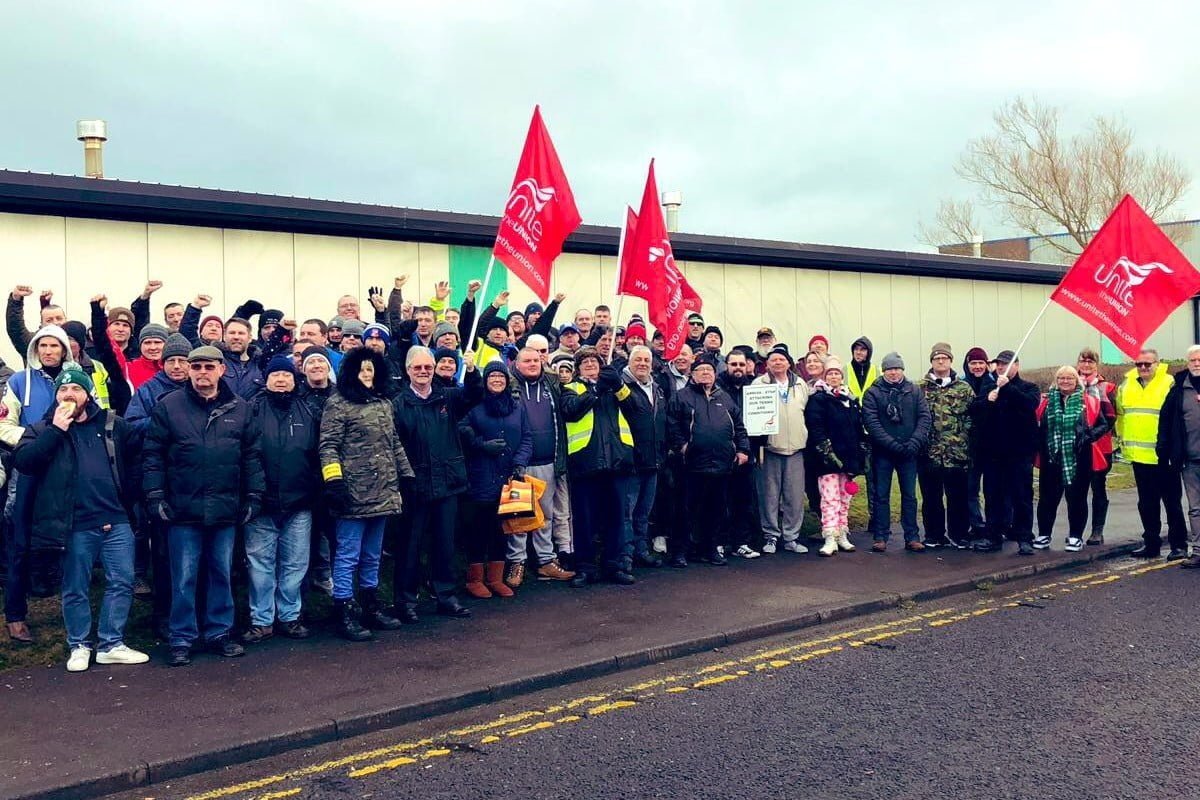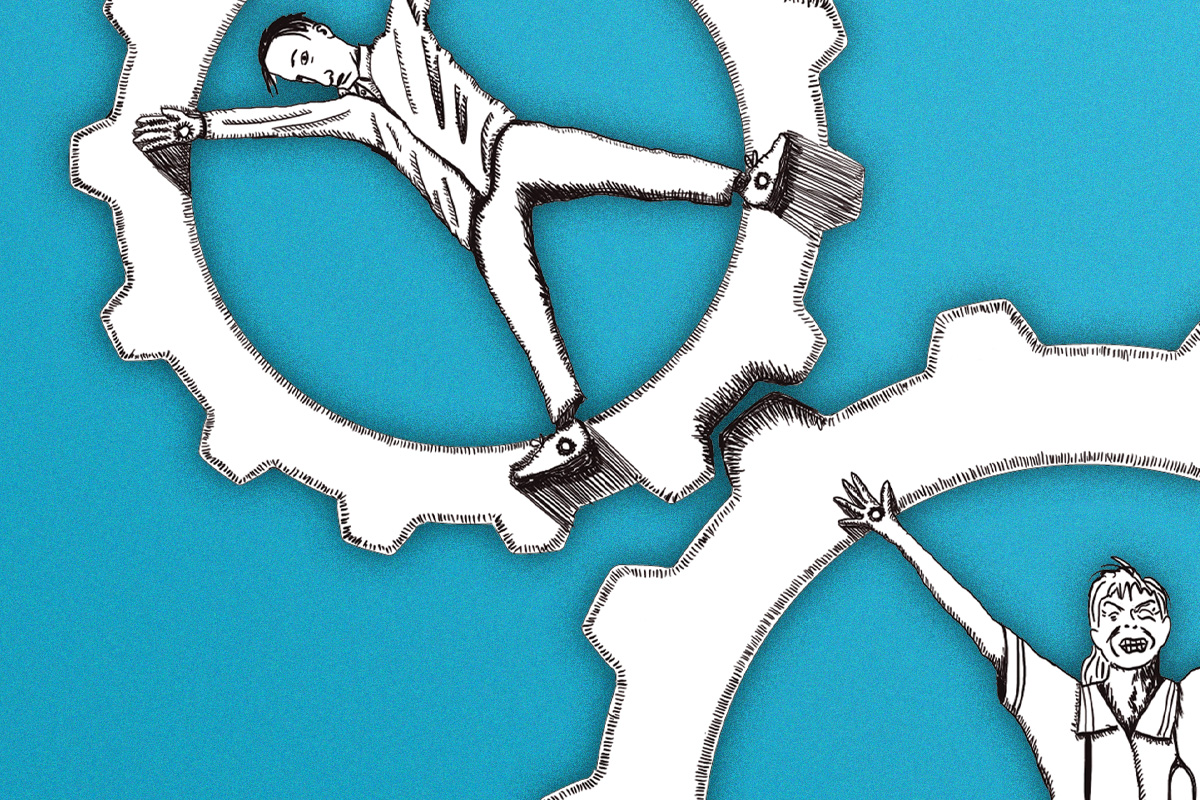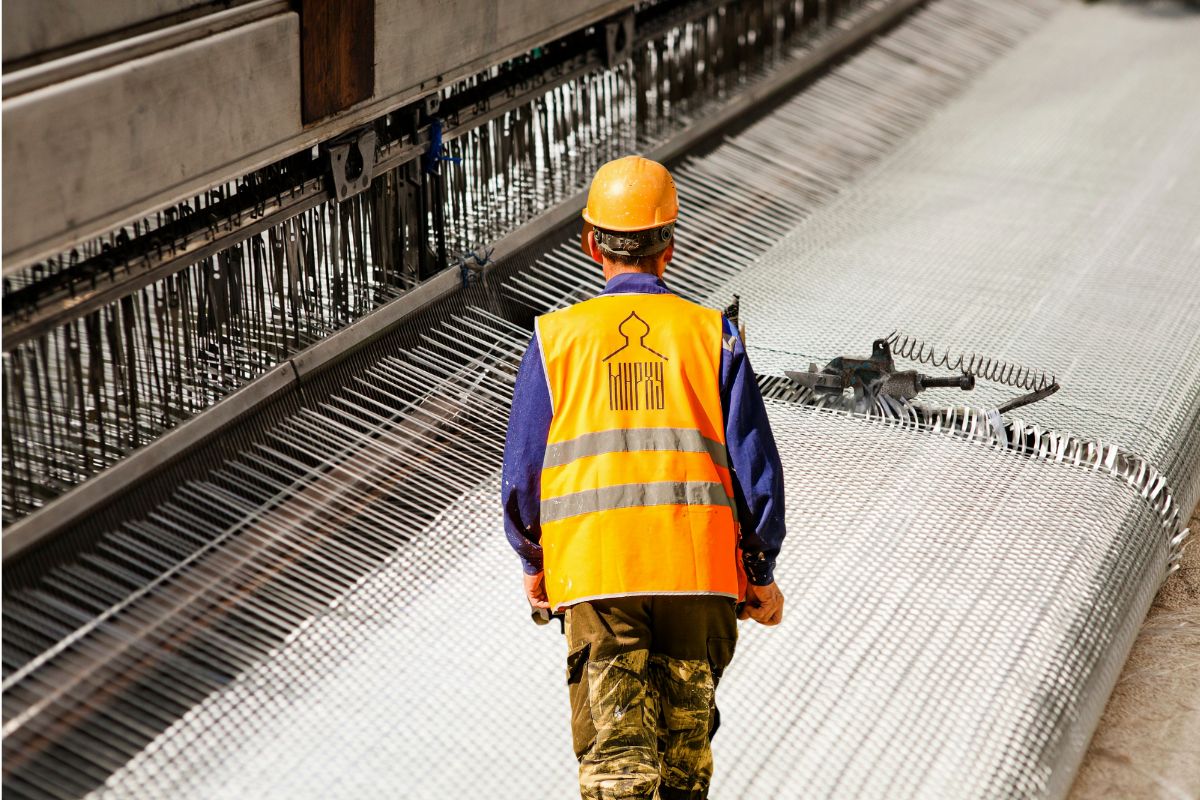Bus drivers organised by Unite the Union are taking strike action against Arriva bosses in a fight over pay. Socialist Appeal supporters report from the picket lines.
650 bus drivers in County Durham are currently on strike from 6-12th January, seeking a pay increase of £1 per hour.
Durham’s bus drivers are the second poorest paid in the country. This week of strike action comes after the initial strike dates were called off in favour of further discussions with management. The result of these discussions was that Unite members overwhelmingly voted to reject the revised pay offer from management, which was for an additional 75p per hour over two years.
The bosses have taken an intransigent stance. Responding to the strike action, Neil Featham, the regional managing director for Arriva, claimed that “they [the drivers] have already achieved full pay equality”, and that “there was no new money on the table”.
The money clearly exists for Mr Featham, however, who earns the tidy sum of £1.1 million per year. In return, Mr Featham has run bus services in the county into the ground.
The company doesn’t invest. They are only interested in profits. The result has been reduced services, leaving many villages and communities increasingly isolated. Prices for passengers have increased year upon year, alongside worsening conditions for drivers.
And here’s outside the Arriva Durham depot this morning. ??#PayUpArriva ? pic.twitter.com/fV8hmlwtFg
— Unite NEYH (@UniteNEYH) January 9, 2019
Socialist Appeal supporters attended the picket lines at the Durham Arriva depot on 8th January. The mood was positive, and the drivers were more than ready for the battle ahead.
Some drivers earn just £8.25 per hour, working over 60 hours a week. There was a great deal of anger towards management: their obscene pay and spreading of misinformation.
According to drivers, the most recent claims from management are that the drivers are in fact not at the bottom of the pay ladder. Drivers set the record straight, however: the bosses based their ‘information’ upon drivers who are already on the maximum wage and have paid breaks. New drivers don’t receive paid breaks and receive a lower wage. For those on the pickets, such lies create greater anger towards the bosses.
One driver provided a summary of many drivers’ feelings: “it’s not just about pay, it’s about conditions in general.” Many drivers we spoke to saw the strike as a long time coming. In fact, they have been 30 years in the making, with the memory of the 1980’s and privatisations fresh in the minds of many workers in the North East.
Another driver commented on the show of support there has been, with unions and Durham Labour both showing solidarity with the striking drivers.






